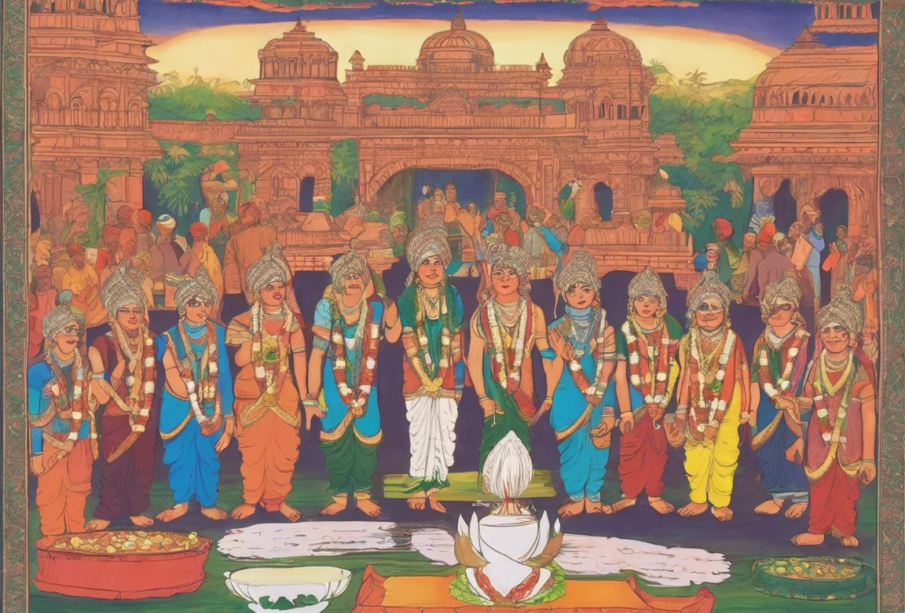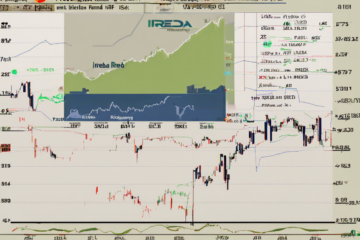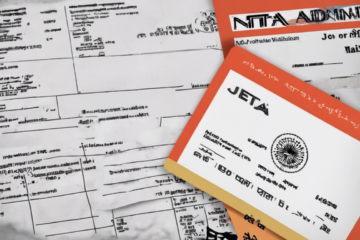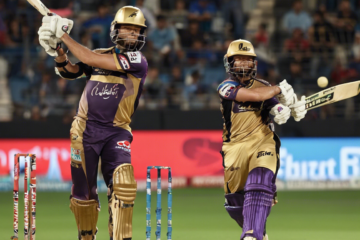Understanding the BJP: India’s Major Political Party

The Bharatiya Janata Party (BJP) is one of the largest and most prominent political parties in India. Formed in 1980, the party has gradually risen to power and prominence in Indian politics. In this blog post, we will delve into the key aspects of the BJP, including its history, ideology, leadership, electoral performance, and impact on Indian society.
History of the BJP
The BJP traces its roots back to the Bharatiya Jana Sangh (BJS), founded by Syama Prasad Mookerjee in 1951. The party was a political arm of the Rashtriya Swayamsevak Sangh (RSS), a Hindu nationalist organization. In 1980, the BJP was officially established after a merger of the BJS with several other political parties.
Ideology of the BJP
Hindutva forms the core ideology of the BJP. Hindutva, meaning “Hinduness,” emphasizes the cultural and religious heritage of India’s majority Hindu population. The party advocates for the protection and promotion of Hindu interests in a predominantly Hindu nation.
Leadership of the BJP
The BJP has been led by influential figures in Indian politics. Some of the notable leaders include:
- Atal Bihari Vajpayee: Former Prime Minister and iconic BJP leader.
- Lal Krishna Advani: Senior leader and key architect of the party’s rise to power.
- Narendra Modi: Current Prime Minister and one of the most polarizing figures in Indian politics.
Electoral Performance
The BJP has enjoyed significant electoral success over the years. The party had its first major breakthrough in the 1990s and has since emerged as a dominant political force. The BJP’s electoral performance has been characterized by strategic alliances, effective campaigning, and a strong organizational structure.
Impact on Indian Society
The BJP’s rule has had a profound impact on Indian society. The party’s policies and initiatives have been both praised and criticized. Some key areas of impact include:
- Economic reforms: The BJP government has implemented several economic reforms to boost growth and development.
- Social policies: The party has introduced various social welfare programs aimed at benefiting marginalized communities.
Frequently Asked Questions (FAQs)
1. What are the key principles of the BJP’s ideology?
The BJP’s ideology is centered around Hindutva, nationalism, and cultural revivalism.
2. How has the BJP’s relationship with religious minorities evolved over time?
The party has faced criticism for its Hindu nationalist agenda, which some argue marginalizes religious minorities, particularly Muslims.
3. What is the BJP’s stance on national security and defense?
The BJP has emphasized a strong national security posture and has taken a tough stance on issues related to defense.
4. How has the BJP’s foreign policy shaped India’s global standing?
Under the BJP, India has sought deeper engagement with global powers while maintaining a focus on its regional interests.
5. What are some of the key challenges facing the BJP in contemporary Indian politics?
The BJP faces challenges related to economic growth, social cohesion, and managing diverse cultural and regional identities in India.
In conclusion, the BJP has emerged as a dominant political force in India, shaping the country’s political landscape and societal dynamics. Understanding the party’s history, ideology, leadership, and impact is crucial for comprehending the complexities of Indian politics and society.





